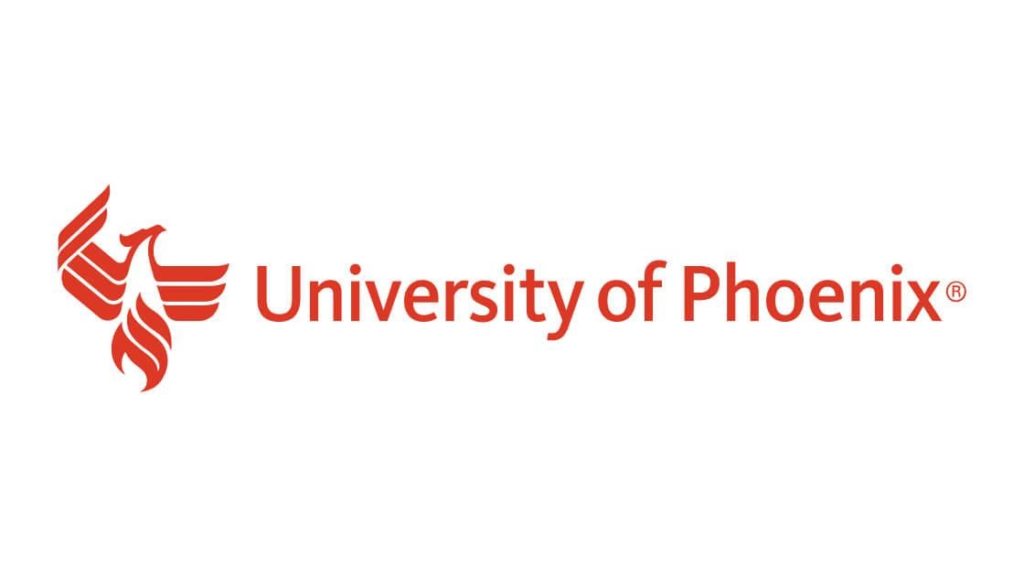
Some would say the power of a college degree has never been stronger. But how did they become so important, why should you consider college and what are the benefits of earning a college degree?
Let’s start with the financial impact. There are certainly jobs that only require a high school diploma or a GED. However, according to the U.S. Bureau of Labor Statistics (BLS), “a bachelor’s degree is typically required for entry in 169 occupations.”
Financial return is among the most compelling reasons to get a college degree. According to the BLS, the median usual weekly earnings for a bachelor’s degree in 2020 was $1,305, while the median usual weekly earnings for a high school diploma was $781. That variance adds up to $25,000 per year.
With increased earning potential, more satisfying job opportunities and the possibility to learn new skills, a college education is nearly essential for the 21st century professional.
Why College Degrees Matter
A college degree can provide more opportunities for people at every stage of their career. They can arm individuals with more skills and better preparation to enter today’s workforce. A college degree can also send a signal to employers that an applicant is committed to pursuing excellence, focused on achievement and delivering on stated goals.
That’s not to dismiss trade-related jobs. However, many fields including biotechnology, medicine, education, finance and general business work require a bachelor’s degree. Without one, your resume may be passed over in favor of more seemingly qualified applicants.
The Benefits of a College Degree
In addition to the financial benefits, here are a few of the other advantages of attaining a college degree:
- Building a Professional Network. One of the most powerful aspects of attending college is the opportunity to build connections with classmates, friends, faculty members, staff and alumni. Many of these relationships will last a lifetime and introduce you to people from around the country and the world. Those relationships allow you to learn more about careers, experiences, places and opportunities throughout your professional career. They will also allow you to connect, network and move forward in your career due to your shared connection and experience at your alma mater. Many colleges and universities, for example, have online alumni networks and LinkedIn groups that help people find fellow graduates for assistance and advice with careers.
- More Choice and Career Flexibility. Earning a bachelor’s degree can teach you specific skills in a concentrated area of study as well as how to think critically and communicate effectively both verbally and in writing. You can also learn how to understand new ideas and concepts quickly. Those skills are valuable and much sought after by employers today. If you do not have a degree, your options may be far more limited. You may not be able to get a job in an area that interests you, and pivoting from one career to another may be more challenging
- Achievement and Confidence. Completing a bachelor’s degree program is not always easy, especially for adult learners who must balance personal and professional responsibilities. Graduating can improve your confidence, boost your self-esteem and give you experiences to talk about with potential employers including your commitment, skills development and desire to take on new responsibilities.
- Ability to Solve Problems. Whether you’re studying communications, engineering, business management, education or finance, your classes will eventually present you with challenges and the skills to overcome them. A problem-solving mindset can be one of the key takeaways of a college education. When you can apply that skillset to the workplace, you can become a highly valued employee and colleague. College can teach how to solve problems as an individual and in group settings, allowing students to adapt to different settings and scenarios to solve whatever challenges come their way.
- Stress Management. Balancing a 9-to-5 job, caring for children or older family members and managing coursework can certainly add to anyone’s stress level. For adult learners, going to college means learning coping skills and strategies to manage stress. The ability to stay cool under pressure is something that college graduates can take directly to the workplace.
Earning a college degree can be attainable and affordable. At University of Phoenix, adult learners do not have to deal with long commutes or live in a major metro area. With 24/7 class access, flexible course schedules and resources to make a college degree attainable for adult learners, the University helps students succeed in pursuit of a college degree.
About University of Phoenix
University of Phoenix offers associate, bachelor’s, master’s and doctoral degrees programs both online and in-person at campuses across the U.S. Classes are taught by faculty members who are active professionals in their fields. Visit www.phoenix.edu to learn more about bachelor’s degree programs, certificate programs and professional development courses that can help you on your own career journey.








